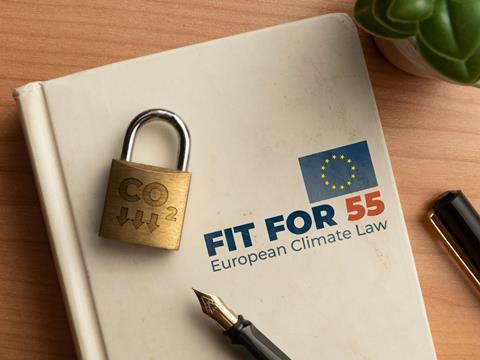
A survey conducted by packaging sustainability consultancy Aura has suggested that senior packaging specialists view sustainability legislation as the biggest challenge to the packaging industry today.
Although 95% of respondents highlighted evolving legislation as a priority, 70% did not believe that their business adheres to current or future sustainability regulations. The cost of raw materials was also identified as an issue.
The results come in light of proposed revisions to the European Union’s Packaging and Packaging Waste Directive, which are set to be announced later this month.
“Brands’ concerns over packaging legislation are justified,” said Greg Lawson, managing director at Aura. “Not only are there new compliance standards being introduced across different categories on a regular basis, but significant UK, EU and US regulations are set to roll out over the next few years that will have a big impact on brands and retailers doing business in those markets.
“Add in the fact that there’s still very little global legislative standardisation in terms of what materials are recycled and how, and brands operating across territories face an uphill struggle to make their packaging strategies sustainable and cost-effective.”
When asked how data collection and analysis and packaging sustainability could be improved, respondents pointed towards ‘harmonised definitions’, ‘end-to-end data compatibility’, ‘managing in real time’, and streamlined simplicity and accuracy.
“The key to handling the shifting sands of legislation has to be data,” Lawson states. “Brands need access to real-time technical and sustainability packaging data to enable them track progress against their current targets and future roadmaps. An important benefit of data transparency is the capacity to identify emerging regional and global trends that will underpin their longer-term strategic approach.”
The survey’s outcome corresponds with McKinsey’s view that varying sustainability regulations between geographical areas are causing difficulties in companies’ ambitions to meet requirements on a global scale.
Furthermore, various industry players critiqued a leaked draft of the revised Packaging and Packaging Waste Directive in a joint statement – expressing a shared concern that it was not founded in concrete evidence and may cause more harm than good to the environment.
On the other hand, Appetite Creative previously conducted a survey regarding connected packaging experiences, to which 80% of the 257 executives surveyed were optimistic that connected packaging would boost companies’ sustainability credentials. 58% credited the direct education of and communication with customers for this change.














1 Reader's comment